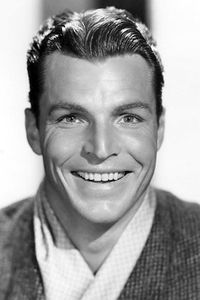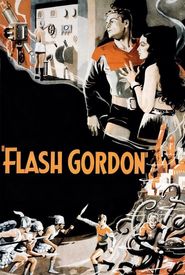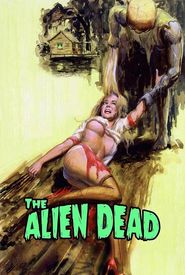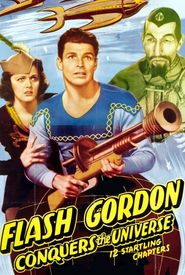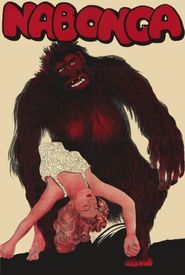Buster Crabbe's illustrious career spanned multiple decades, beginning with his graduation from the University of Southern California. In 1931, while working on "That's My Boy" for Columbia Pictures, he was tested by MGM for the role of Tarzan, but unfortunately, he was rejected. This setback did not deter him, as Paramount Pictures soon cast him in "King of the Jungle" (1933),where he played the role of Kaspa, the Lion Man, a character inspired by the Tarzan stories.
Publicity for the film emphasized Crabbe's impressive athletic achievements, including his 1932 Olympic 400-meter freestyle swimming championship, and even hinted at a rivalry with Johnny Weissmuller, the renowned Tarzan actor. This publicity stunt likely contributed to the film's success, as it humanized Crabbe and positioned him as a formidable competitor in the world of adventure films.
Crabbe's experience in "King of the Jungle" led to his casting in "Tarzan the Fearless" (1933),a film produced by Sol Lesser, who had initially wanted James Pierce to play the lead role. However, Pierce had to relinquish his rights to the part, allowing Crabbe to take on the iconic character. The film was released as both a feature and a serial, with most theaters showing only the first episode, which received negative reviews from critics.
Despite this setback, Crabbe continued to work in the film industry, appearing in a series of Zane Grey westerns for Paramount Pictures and later, Universal Pictures. His most notable roles during this period were in the sci-fi serials "Flash Gordon" and "Buck Rogers," which he starred in from 1936 to 1940.
In the 1940s, Crabbe began a string of Billy the Kid westerns for the low-budget studio PRC, which cemented his status as a versatile and bankable star. After World War II, he devoted himself to his swimming pool corporation and the operation of a boys' camp in New York. He also made a few film appearances, including the serials "Pirates of the High Seas" (1950) and "King of the Congo" (1952).
In the 1950s, Crabbe became a prominent figure on television, hosting a local show in New York City that featured his serials and playing the title role in the adventure series "Captain Gallant of the Foreign Legion" (1955). He also appeared in several "meaty" lead roles on weekly anthology series, such as "Kraft Theater" and "Philco Television Playhouse."
Crabbe's later years saw him return to western features, playing the iconic role of Wyatt Earp in "Badman's Country" (1958),a performance that earned him critical acclaim. He continued to work in television and film until his death on April 23, 1983, at the age of 75, due to a heart attack. Throughout his remarkable career, Buster Crabbe demonstrated his versatility, adaptability, and dedication to his craft, leaving behind a lasting legacy in the world of entertainment.
